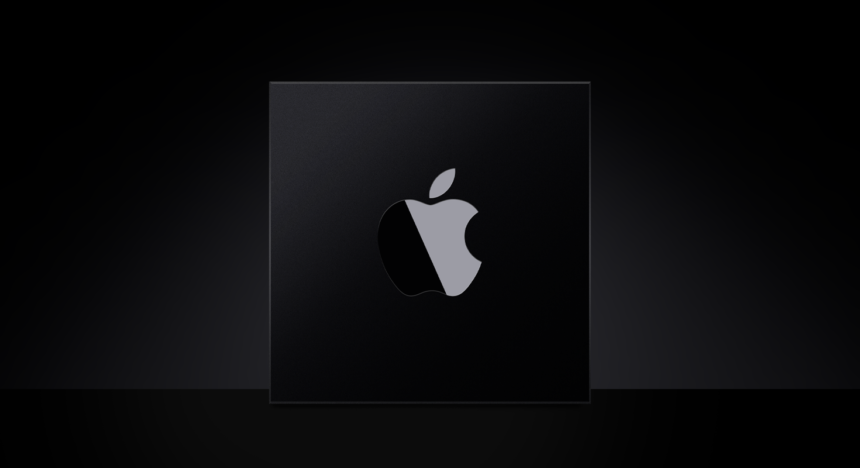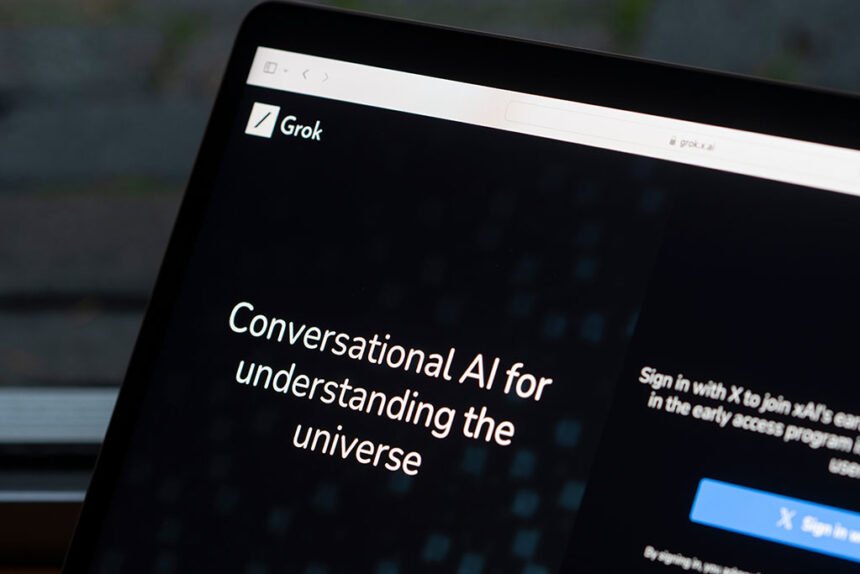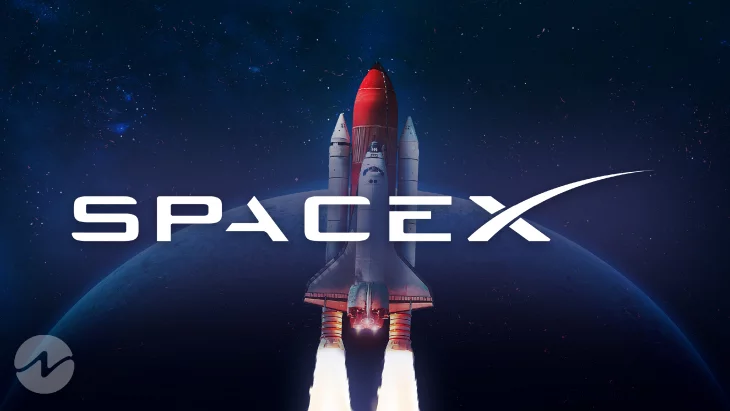Top 10 Best Documentaries on HBO Max
The truth can indeed be unsettling. Whether you reflect them factual or…
Top 10 Thrillers Too Suspenseful Movies On Netflix
So you’re looking for suspenseful movies on Netflix, let’s be more specific.…
Top 10 Gal Gadot Movies On Netflix: A Must-Watch List
Irit and Michael Gadot welcomed Gal into the world on April 30,…
Top 10 Richest Social Media Influencers In The World 2024
Are you interested in discovering the Richest Social Media Influencers globally? We…
25 Suzuki HayaBusa Heavy Bike Wallpapers 2024
The Suzuki Hayabusa, officially known as the GSX1300R, is a legendary sports…
25 Ariana Grande Latest Wallpapers
One of the most famous Instagram models, Ariana Grande, born in Boca…
What's Hot
Mae Muller Net Worth, Biography, Career, and History
Mae Muller is a British singer and songwriter who has made waves in the music industry with her unique blend of R&B, pop, and soul. This article will delve into…
Instagram Bans Minors From Live Streaming
Social media internet company Meta has banned live streaming by minors on…
Amazon Makes Formal Offer To White House To Buy TikTok
Amazon has made a formal offer to the White House to buy…
How To Unpause Your X Monetization Account?
X Monetization is one of the best online earnings programs so far…
What is BlueSky, And Why Is Everyone Talking About It?
Perhaps you have read the term BlueSky as of late via online…
Meta Lays Off Employees Across Multiple Teams
Meta confirmed to TechCrunch Wednesday morning that it had begun cutting jobs…
iPhone 18 to Launch Without Camera Control Button In Upcoming Models
Rumors claim that Apple is reconsidering the design of the Camera Control…
Samsung S25 Ultra Review, Specification And Price
Samsung has once again raised the bar with the launch of the…
This month’s top 10 trending smartphones
After weeks of the Samsung Galaxy A56 dominating the trending smartphones chart,…
Apple to Shift Entire US iPhone Production to India by 2026
Apple to Shift Entire US iPhone Production Destined for the US Market—Roughly…
Roblox Announces New Safety Features For Under-13s
Rodney Walker, the Platforms’s CTO, reacted by saying The Verge's account is…
The Untold Story of A Divisive Genius Elon Musk
Elon Musk’s life story is one of extreme ambition, risk-taking, and the pursuit of innovation. From humble beginnings in South Africa, Musk has grown to become one of the most influential figures in technology, space exploration, and sustainable energy. His…
Top 5 VPN Services in 2025
Meta Settles Trump Lawsuit for $25M Over Social Media Bans
In Joe Biden's government, Meta suspended President Donald Trump's Facebook and Instagram…
Google Begins Adding AI Assistant Gemini To Gmail
Google has announced that it is adding an artificial intelligence assistant, named…
Elon Musk’s xAI Adds Image Understanding Feature To Grok AI
World’s richest person Elon Musk and owner of X xAI has added…
Samsung’s Now Bar might actually be useful in One UI 8
The current version of Now Bar falls short and lacks promised third-party…
Top 10 Thriller Shows on Netflix Right Now
Thrillers are among the most popular programs worldwide, with good reason. Who…
Top 10 Richest Social Media Influencers In The World 2024
Are you interested in discovering the Richest Social Media Influencers globally? We…
Top 10 Beautiful Cities Of Germany With History
Germany is a country with a rich history and a diverse culture.…
Top 10 Best Action Movies on Netflix 2024
Netflix is a hub of entertainment; if you're an action movie lover,…
Trending Categories
Treding Stories
Alexandra Daddario Net Worth, Biography, And Career
Alexandra Daddario is an American actress who has made a name for herself in…
Editior's Choice
Solana’s Tokenized Stocks Push Could Be More Than A Memecoin Makeover
Is Solana genuinely disrupting the market by offering tokenized stocks, or is…
Astrologer Mystic Meg Passed Away At The Age of 80
Margaret Anne Lake, better known as Mystic Meg, died at 80. The…
Google Laid Off 453 Employees In Google India
Around 453 people from various divisions were let go by Google India.…
Britain Appoints Blaise Metreweli as First Female Head of MI6
Britain has appointed Blaise Metreweli, a seasoned intelligence officer, as the first…
Govt Hits Heavy Tax on FB, PakWheels, Daraz & Digital Vendors
The federal government is set to implement the Digital Presence Proceeds Levy…
White House NASA budget funds Moon and Mars at all costs
On Friday, President Donald Trump unveiled his “skinny” budget request for the…
Tesla Reduces Prices of Model S And Model Y In The US
Tesla has announced a reduction in its Model S sedan and Model…
Former US President Jimmy Carter To Receive Hospice Care
The Carter Center has announced that former US President Jimmy Carter will…
Rupert Murdoch Announces Engagement To Ann Lesley Smith
In a surprising announcement, media mogul Rupert Murdoch has revealed his engagement…
Another SpaceX Tesla Model 3 Floating In Space, But Where?
Many people sometimes look at the starry sky at night and wonder…
What's Hot
Jenna Ortega Net Worth, Biography, And Movies
Jenna Ortega, born on September 27, 2002, in the Coachella Valley of California, is a talented actress with a diverse career in both television and film. She is the fourth…
Top SEO Strategies for First Page Google Ranking
In this post, I'm going to show you exactly how to rank…
Boost Your Blog: Top 10 SEO Tips for Bloggers
In today's digital age, creating a blog is just the first step…
How to Do On-Page SEO With ChatGPT Content?
In today's digital era, mastering the workings of search engine optimization (SEO)…
SEO Secrets Every Blogger Should Know
SEO (Search Engine Optimization) is one of the main things every blogger…
How Google Evaluates New Topics on Your Website for SEO
Google’s Danny Sullivan recently shared insights on how SEO is affected when…
Top 5 Google AdSense Alternatives For Publishers 2024
Google AdSense is one of the best monetizing networks which also pay…

















































































